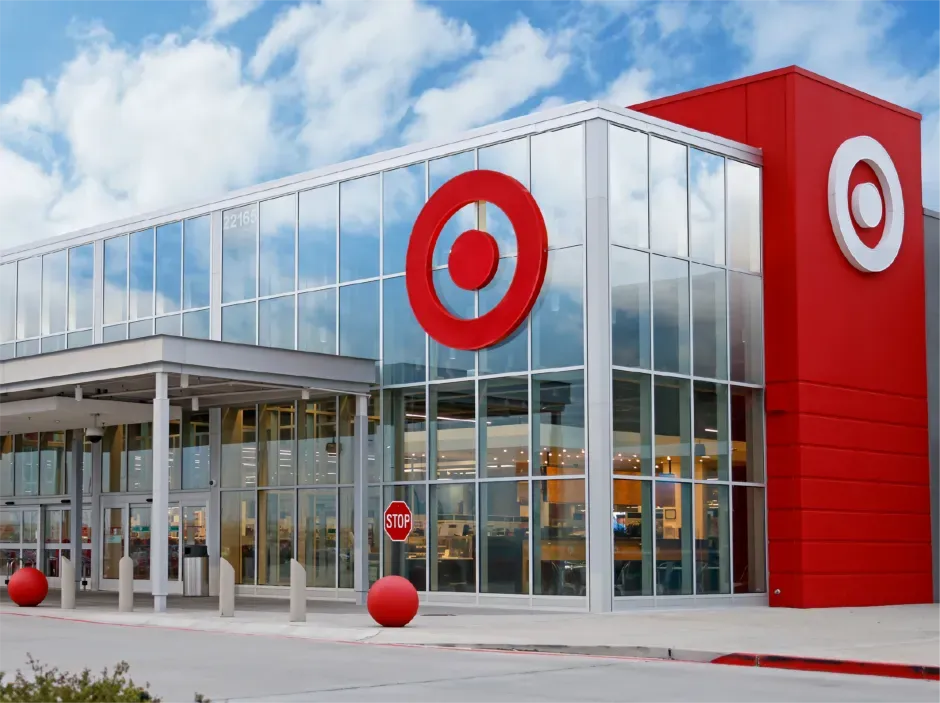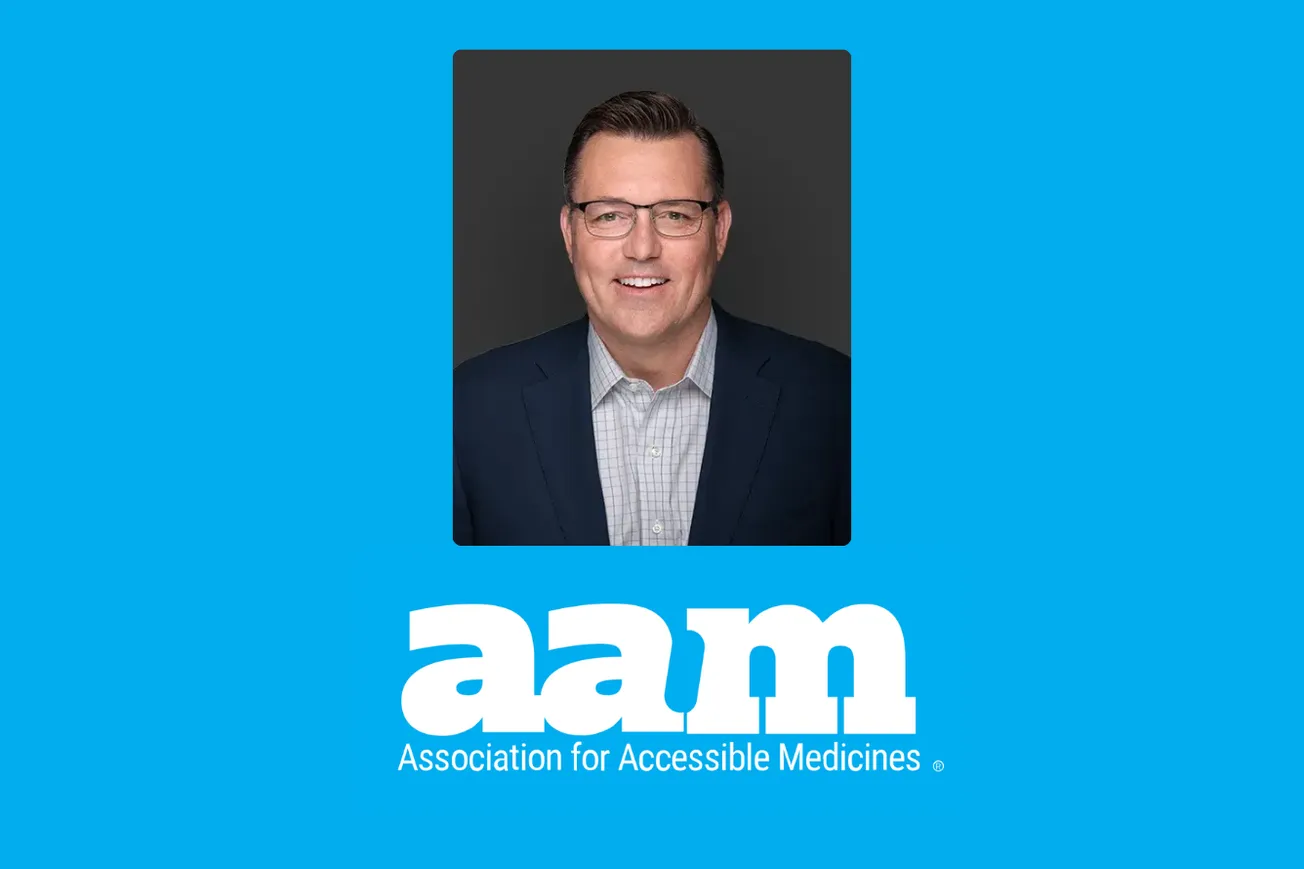 |
WOONSOCKET, R.I. — CVS Caremark Corp. has changed its corporate name to CVS Health to reflect its broader commitment to health care.
Also on Wednesday, CVS Health announced the end of tobacco sales at all CVS/pharmacy stores, nearly a month ahead of its initial target date of Oct. 1.
In announcing the new corporate name on Wednesday, CVS also said that it has instituted a common nomenclature for its business units. The company’s retail drug store business retains the CVS/pharmacy banner, while its pharmacy benefit management unit is now known as CVS/caremark. The MinuteClinic walk-in medical clinic unit is now called CVS/minuteclinic, and CVS’ specialty pharmacy business is now named CVS/specialty.
Overall, CVS’ integrated health care business model encompasses approximately 7,700 retail pharmacies, 900 retail health clinics, a pharmacy benefits manager with nearly 65 million plan members, and specialty pharmacy services.
“For our patients and customers, health is everything, and CVS Health is changing the way health care is delivered to increase access, lower costs and improve quality,” president and chief executive officer Larry Merlo said in a statement. “As a pharmacy innovation company at the forefront of a changing health care landscape, we are delivering breakthrough products and services, from advising on prescriptions to helping manage chronic and specialty conditions.”
Merlo noted that, annually, CVS Health reaches more than 100 million people in providing its pharmacy and health care services. “Consumers are increasingly taking control of their own health and, through our 26,000 pharmacists and nurse practitioners, we are helping people on their path to better health,” he stated.
Curtailing smoking is a key focus of that effort. In February, CVS said it would end the sale of cigarettes and tobacco products at CVS/pharmacy stores, making it the first and only national pharmacy chain to drop tobacco products.
“Along with the start of CVS Health, the sale of cigarettes and tobacco products at CVS/pharmacy ends today,” Merlo stated. “By eliminating cigarettes and tobacco products from sale in our stores, we can make a difference in the health of all Americans.”
Chief medical officer Troy Brennan noted that the sale of tobacco in a retail pharmacy conflicts with the goal of the health care services delivered there.
“Even more important, there is evidence developing that indicates that removing tobacco products from retailers with pharmacies will lead to substantially lower rates of smoking, with implications for reducing tobacco-related deaths,” Brennan added.
In addition to stopping the sale of cigarettes and tobacco products, CVS Health has kicked off a personalized smoking cessation program aimed at helping millions of Americans quit smoking.
Helena Foulkes, president of CVS/pharmacy, had alluded to the program in May during an interview at the launch of Lung Force, an American Lung Association women’s health initiative. She said at the time that CVS was working on the details of a major smoking cessation program, which the company had mentioned when it announced its plan to remove tobacco products from its stores.
“Quitting smoking is one of the most important things you can do to improve your health and protect the health of your family, but quitting isn’t easy,” Foulkes stated Wednesday.
Designed with input from national experts, the smoking cessation program combines the efforts of CVS/pharmacy, CVS/minuteclinic and CVS/caremark to help smokers quit. It includes four components: an assessment of the smoker’s readiness to quit, education to give smokers the information and tools they need to quit, medication support to help curb the desire to use tobacco, and coaching to help individuals stay motivated and prevent relapses.
“We learned following our announcement in February that nearly everyone has a tobacco story and was eager to tell it,” Foulkes added. “So today we are launching a social campaign #OneGoodReason in which we are inviting everyone to share their personal stories of how smoking and tobacco use has affected their lives. Our hope is that through the sharing of these stories we can spark a movement that will make lasting improvements in health across our country.”







